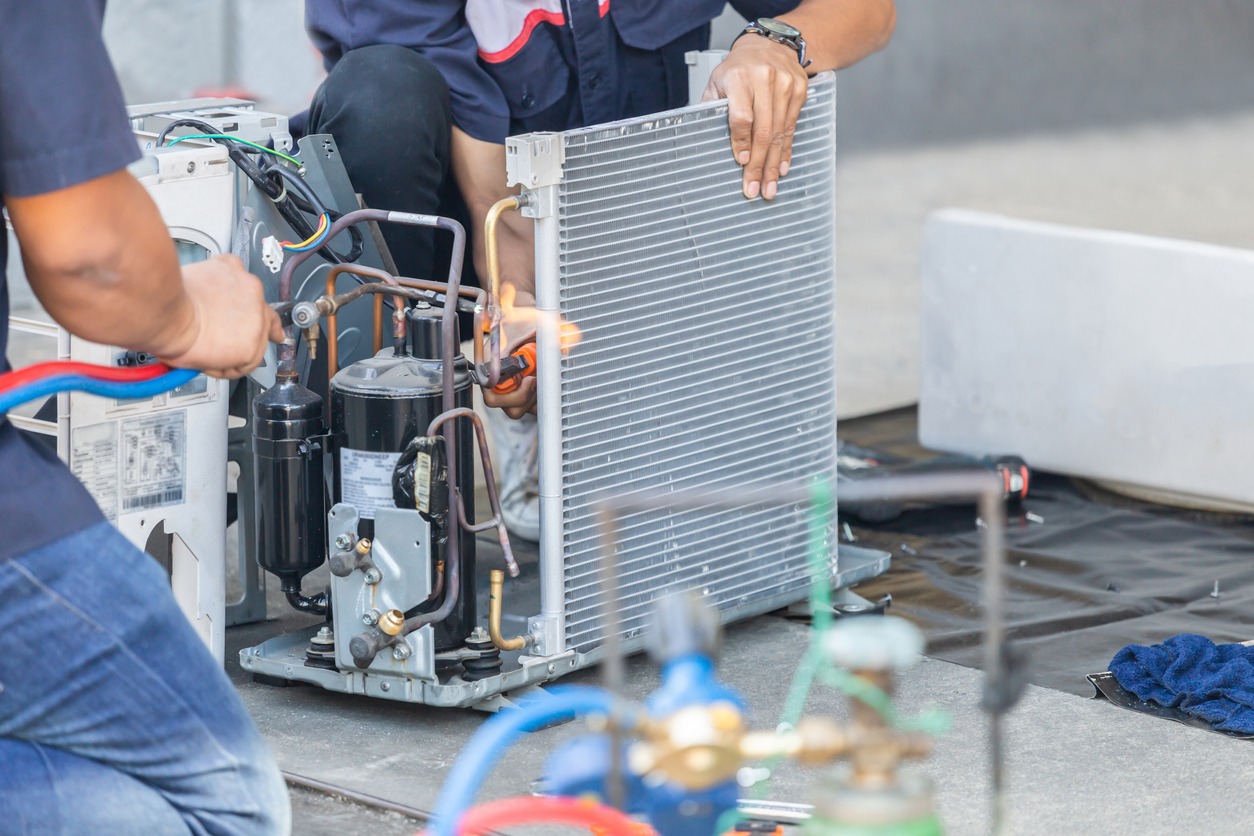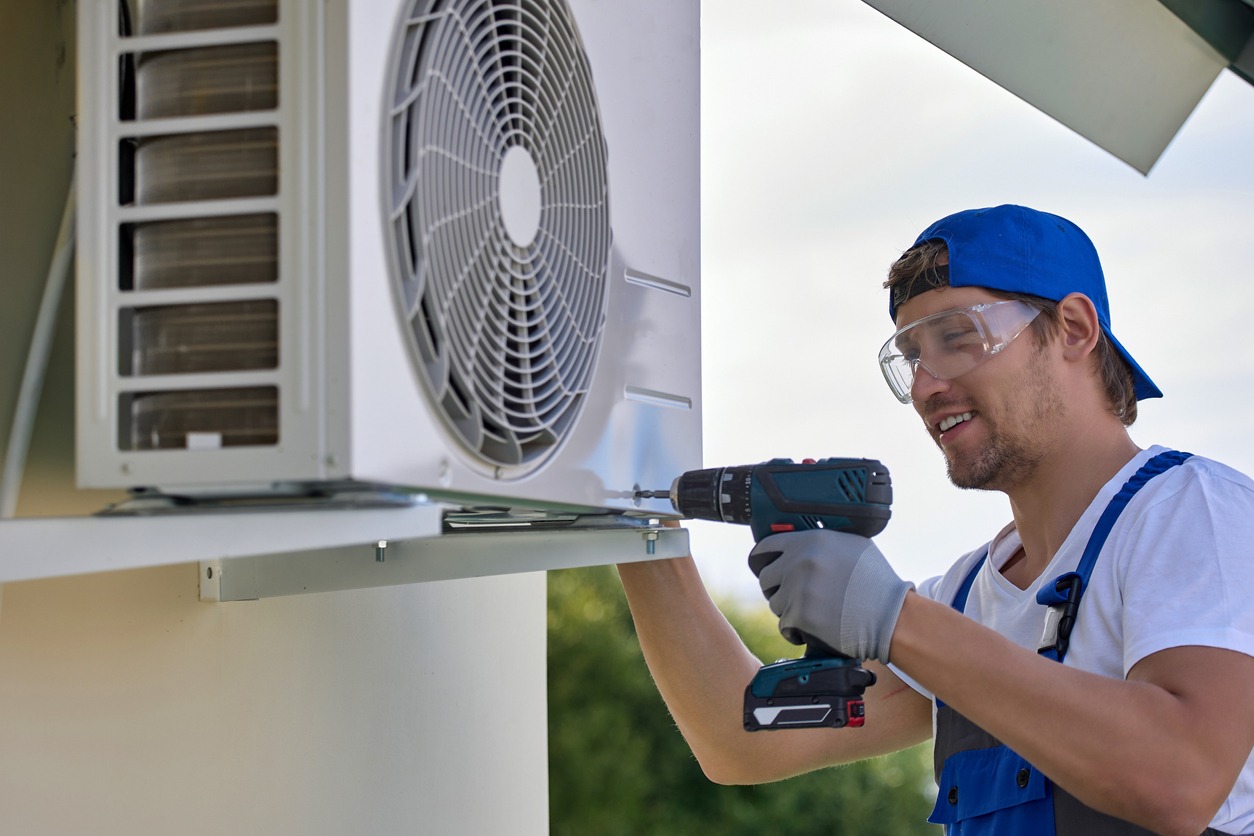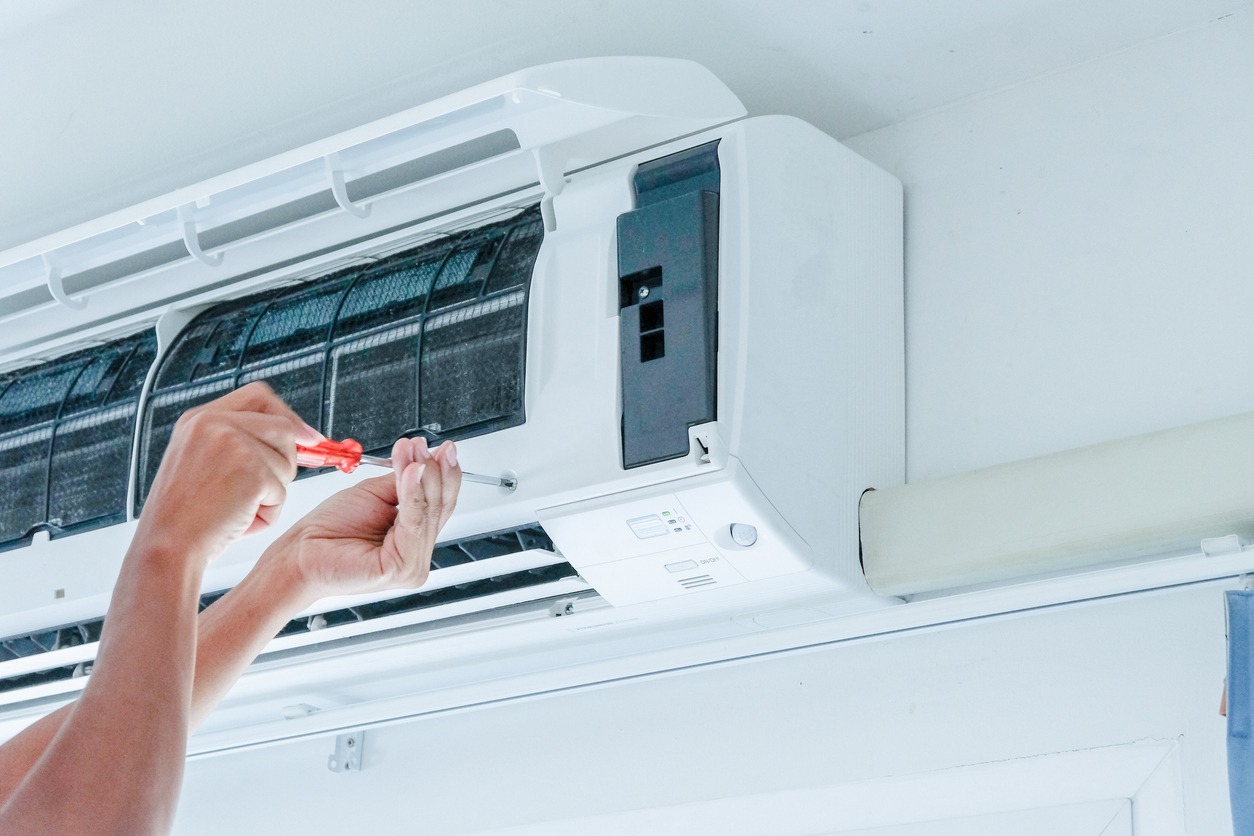Heating, Ventilation, and Air Conditioning, also known as HVAC, are essential aspects of your home that need to be maintained well. However, there may sometimes be problems with the ventilation, heating, and air conditioning systems, and before these issues worsen, you would need to hire HVAC professionals who have the skills, knowledge, and experience when it comes to repairing the said systems. You will also need professionals if you want to install an HVAC system in your home.
When hiring an HVAC (Heating, Ventilation, and Air Conditioning) contractor, it’s crucial to ask the right questions to ensure that you’re choosing a qualified and reliable professional. Here are 20 questions to consider:
Are you licensed and insured?
You will need to make sure that the HVAC contractor is licensed to work in your area. In addition, you may also need to ask for proof of insurance to protect against any potential liabilities during the repair or installation process.
What HVAC services do you offer?
Clarify the range of services the contractor provides, whether it’s installation, repair, maintenance, or other HVAC-related work. Through clarification, you will be able to know if you can also avail of other services besides the one that you need from the contractor.
How many years of experience do you have in the HVAC industry?
Inquire about the contractor’s experience to gauge their expertise and track record. You may also learn about their experience by searching online for their history and how long they have been providing HVAC services in your area.
Can you provide references from previous clients?
Ask for references to get insights into the contractor’s reputation and the quality of their work. You can also check out reviews online about their services. These reviews may come in the form of video testimonials or written feedback.

Do you offer emergency services, and what is your response time?
Inquire about the availability of the contractor’s emergency services and how quickly they can respond to urgent HVAC issues. You will need emergency services if the HVAC system in your home suddenly fails. So, before the issues worsen, it would be best if you could contact a contractor who will go to your property immediately to get the issues fixed.
What brands of HVAC equipment do you recommend and work with?
Discuss the brands and types of equipment the contractor typically installs or repairs and whether they have experience with your specific HVAC system. If the brands and types of equipment that they use are high-quality, these can help the technicians have a better and safer time doing installations and repairs.
Do you offer energy-efficient options?
Ask about energy-efficient solutions and whether the contractor can recommend systems that may help reduce energy consumption. HVAC systems can consume a lot of energy in your home, so getting recommendations on energy-efficient systems is good if you want to save money on monthly electrical bills.
Can you provide a written estimate for the project?
Request a written estimate or pricing that includes the cost of labor, materials, and any potential additional charges. Having a written estimate would make sure that the pricing for the repairs or installations wouldn’t change unless the technicians tell you about additional expenses when it comes to materials and equipment.
What is your warranty policy on labor and equipment?
Inquire about the warranty on both the labor of the technicians and the HVAC equipment installed and repaired. By asking this question, you will be able to have a better understanding of the contractor’s terms and the duration of the warranty.
How do you determine the size and capacity of HVAC systems for installation?
Ensure the contractor performs a thorough evaluation to determine the appropriate size and capacity of the HVAC system that will be installed for your home. Measurements should be done by the technicians before installation.
What is your maintenance plan, and how often should it be performed?
Discuss routine maintenance plans for servicing your HVAC system. You may also ask about the frequency of the inspections and maintenance procedures that the technicians will perform.

Do you perform load calculations for new installations?
For new installations, ask whether the contractor conducts load calculations to ensure the HVAC system is appropriately sized for your home. Without load calculations, the HVAC system may produce too much heat or cool air in your home. So, it is important to ask this question to ensure that the installed system provides a comfortable temperature and environment for you and your family or friends inside the house.
How do you handle ventilation and air quality concerns?
Discuss the contractor’s approach to addressing ventilation and indoor air quality issues, if applicable. These may be resolved first before repairs or installations are done so that air quality issues won’t affect the efficiency of the HVAC system.
What is your policy on cleaning up after the job is complete?
Ensure the contractor has a plan for cleaning up the work area and disposing of any debris or old equipment. Clean-up is essential to make sure that no harmful particles or items will be left in the areas where the technicians repaired or installed the HVAC system, as these harmful elements can become health hazards for you and your housemates.
Here are some of the steps that HVAC professionals take when it comes to cleaning up the work areas before and after the project:
- Moving furniture and fixtures – before the project starts, HVAC professionals can help you move furniture and fixtures out of the areas where they will work. Moving these items can prevent obstruction in the work area, and it can also prevent the items from getting damaged.
- Floor protection – for installations and repairs, HVAC professionals may need to apply drop cloths on the floor to prevent debris, dust, and dirt from coming into contact with the actual surface of the floor.
- Debris, dust, and dirt cleanup – after the installment or repair is done, the HVAC professionals will clean areas where they worked so that no debris, dust, or dirt will be left on the floors or walls. The cleanup process ensures that health hazards will be removed from your property.
- Final inspection – inspections are required for the HVAC professionals to see if they have done a good job in installing or repairing an HVAC system. If there are issues with the system, then they would have to immediately fix those before declaring that the project is finished.
Can you explain the installation or repair process in detail?
Ask for an overview of the steps involved in the installation or repair so you know what to expect once they actually commence the project. The process may include:
- Initial assessment
- Customer Consultation
- Testing and Calibration
- Load Calculation
- Equipment Selection
- Installation or Repair of Parts
- Final Assessment
How do you stay informed about industry advancements and changes?
Inquire about the contractor’s commitment to training their technicians regularly and staying updated on the latest HVAC technologies and practices.
Do you have any certifications or affiliations with industry organizations?
Ask about any certifications or memberships in professional organizations, as these can indicate a commitment to industry standards. These certifications can also ensure that the contractor’s technicians are trained properly in repairs and installations.
What is your policy on obtaining necessary permits for installations?
Ensure the contractor is aware of and willing to obtain any required permits for HVAC installations. Contractors or their technicians should be responsible for obtaining permits, although there may sometimes be permits that you need to sign.
Here are a few of the permits that are needed for HVAC installations or repairs:
- HVAC Permit – there are local governments that require contractors and property owners to get an HVAC permit before an HVAC system is installed, repaired, or replaced. This permit ensures that the work complies with local building codes and safety standards.
- Electrical Permit – If the HVAC work involves electrical components or connections, an electrical permit may be necessary.
- Zoning Permit – Some jurisdictions require a zoning permit for HVAC systems, especially if the installation involves modifications to the structure of the building or changes to the exterior.
How do you handle unexpected issues during the project?
Discuss the contractor’s approach to unforeseen complications and how changes to the project scope are addressed. Experienced technicians will already know what to do when these issues arise.
What is your payment schedule and accepted payment methods?
Clarify the payment terms, including the schedule and accepted methods of payment. Some contractors may require you to pay in full before the installation or repair starts, and some can just ask for the payment once the project is done. Choose the payment option that is the most convenient for you.
Asking these questions can help you hire the best and most suitable HVAC contractor while also making sure that your heating and cooling needs are met by a qualified professional. Hire contractors with plenty of skills, knowledge, and experience so that you will have a stress-free time getting HVAC systems installed in your home or getting them repaired.

